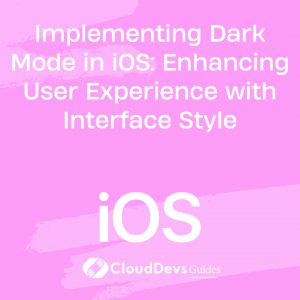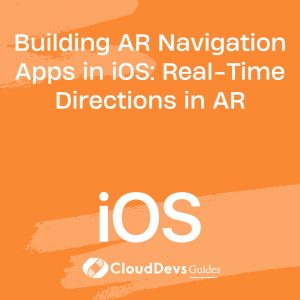iOS Q & A
What are the basic requirements for iOS app development?
iOS app development offers an exciting opportunity to create innovative and impactful applications for Apple’s popular mobile platform. Before delving into the world of iOS development, it’s essential to understand the basic requirements and prerequisites necessary to embark on this journey.
- Mac Computer: The first requirement for iOS app development is a Mac computer. Apple’s Xcode IDE, which is essential for iOS development, is only available for macOS. Ensure your Mac meets the minimum system requirements specified by Apple to run the latest version of Xcode smoothly.
- Apple Developer Account: To distribute your iOS apps on the App Store or test them on physical devices, you’ll need to enroll in the Apple Developer Program. This program provides access to various resources, such as beta software, app distribution tools, and documentation, essential for iOS app development.
- Xcode IDE: Xcode is Apple’s integrated development environment (IDE) specifically designed for iOS, macOS, watchOS, and tvOS app development. It includes a suite of tools, such as a code editor, debugger, Interface Builder, and performance analyzer, to streamline the development process. Ensure you have the latest version of Xcode installed on your Mac to take advantage of its features and capabilities.
- Swift or Objective-C Proficiency: Familiarize yourself with one of the primary programming languages used for iOS development: Swift or Objective-C. Swift is a modern and intuitive language developed by Apple, while Objective-C is a more traditional language with a long history in iOS development. Choose the language that best aligns with your goals and preferences, and invest time in mastering its syntax, features, and best practices.
- iOS SDK: The iOS Software Development Kit (SDK) provides developers with a set of tools, frameworks, and APIs for building iOS applications. Familiarize yourself with the various components of the iOS SDK, including UIKit for building user interfaces, Foundation for essential data types and utilities, and Core Data for managing application data.
- UIKit Framework: UIKit is a foundational framework provided by Apple for developing user interfaces in iOS applications. It includes a wide range of classes and APIs for creating and managing views, handling touch events, managing navigation, and more. Gain proficiency in UIKit to design visually appealing and responsive user interfaces for your iOS apps.
- Version Control System: Utilize a version control system such as Git to manage and track changes to your iOS app’s source code. Version control systems enable collaboration, facilitate code review, and provide a mechanism for reverting to previous versions if necessary. Familiarize yourself with Git commands and workflows to effectively manage your iOS app development projects.
- Testing Devices: While iOS simulators provided by Xcode are useful for testing apps during development, it’s essential to test your apps on physical iOS devices to ensure compatibility and performance. Acquire a range of iOS devices, including iPhones and iPads with different screen sizes and iOS versions, to perform comprehensive testing and debugging.
- Continuous Learning: iOS app development is a dynamic and rapidly evolving field, with new technologies, tools, and best practices emerging regularly. Commit to continuous learning by staying updated with the latest developments in iOS development, exploring new frameworks and APIs, and participating in online courses, workshops, and developer communities.
By fulfilling these basic requirements and embracing a mindset of continuous learning and improvement, you’ll be well-equipped to embark on your iOS app development journey and build engaging and impactful applications for Apple’s ecosystem.

Previously at


Brazil

GMT-3
Skilled iOS Engineer with extensive experience developing cutting-edge mobile solutions. Over 7 years in iOS development.



